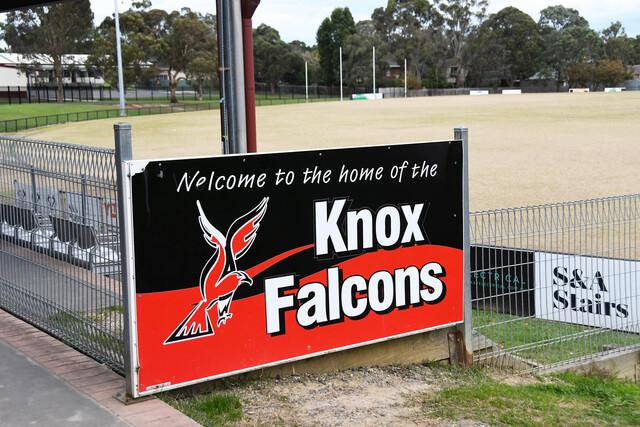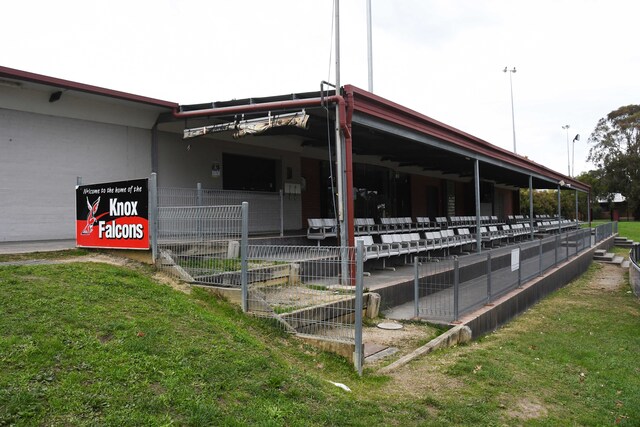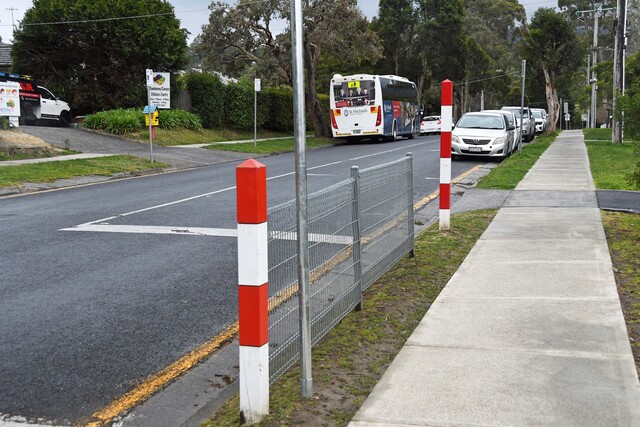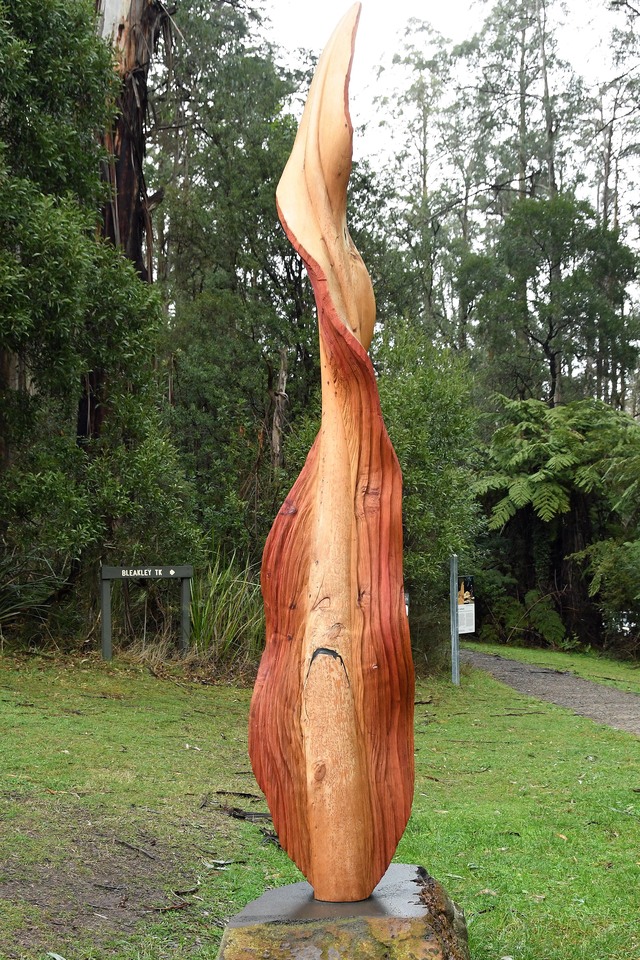Suspensions, fines and education are being handed to an outer east football club after they were stood down for unacceptable behaviour in early May.
A team official and an undisclosed number of players from the Knox football and netball club have been handed a six-week suspension after an opposing side of female football players were subject to both verbal and physical abuse.
The Eastern Netball Football League (ENFL) said it had worked closely with both clubs since the incident during the Deakin Women’s Division 1 match between Donvale Football Club and Knox FNC on May 11.
Knox Football Netball Club’s development team was stood down indefinitely after reports of unacceptable behaviour from male players towards an opposing women’s team.
EFNL released a statement on 24 May after finalising its internal investigation that dealt out a number of consequences for the Knox FNC community.
A team official was found to have breached the AFL laws of the game 22.2.2(cc) through intimidating comments being made and was also suspended from duty for six weeks.
“Further to this, if they are found guilty of any same or similar conduct in the next two years, they will no longer be able to hold any official team position in the EFNL,” the statement read.
“Any players who were found to have breached the EFNL vilification and discrimination policy have been suspended for a total of six weeks.”
“Further to this, if they are found guilty of any conduct breaching the policy in the next two years, they will no longer be able to play in the EFNL.”
A $10,000 fine has been delivered to the club – which is to be suspended for the remainder of the season and the entire 2025 season.
Trent Larkman, an organisational and inclusivity educator said that when he hears of these kinds of situations, meaningful accountability from both individuals and the club, as well as education, are vital elements of the response.
“Rather than punitive responses, I’m much more interested in how the club can use this as an opportunity to move forward, by acknowledging the harm, repairing it, and then starting to have a meaningful conversation about what safety and inclusion mean at their club” he said.
Mr Larkman said this recent example of sexist and misogynist behaviour, is reflective of many club cultures around the country where there is an underlying culture of disrespect and hostility towards women and trans/gender non-conforming people.
The Knox football team’s behaviour comes at a time when violence against women remains firmly in the spotlight and with good resaon.
The Knox municipality has had the highest rate of reported incidents of family violence in Melbourne’s outer east for over 20 years, with family violence rates steadily increasing in Knox over the last five years.
Mr Larkman said that the work that he does tries to help people start to understand the connections between everyday kinds of misogyny and discrimination and these high rates of family violence in the community.
“High rates of family violence are connected to these awful behaviours that are occurring towards women and trans people in sporting clubs,” he said.
Knox FNC will be required to undergo self-funded educational programs with a no-participation and no-play rule imposed.
Mr Larkman said the whole club being required to undergo the training is a good thing.
“This club just training the specific team in question would not achieve the serious kind of long-term change that we need,” he said.
“All members of the club, from the committee down to the players need to be involved in the change.’
Mr Larkman said that creating cultural change through a lens of prevention of violence against women and gender equality is a good thing for everybody.
“It doesn’t matter what your gender is, it’s a good thing for individuals in the club, the club will develop a better reputation, the club will get more participants and more funding,” he said.
It’s a win-win scenario when clubs can take this approach.”
Just last year the EFNL was praised by a women’s football team in the outer east for their dedication to an inclusive social media presence they hold for their women online.
Outer East Football Seville club player Jamee Cousens said in August of 2023 that she wants to feel equal, not just a minority when she is represented online.
“Our neighbouring league, the Eastern Football Netball League, it is unreal the difference, they post their ladders,” Ms Cousens said.
Mr Larkman said that his experience in sporting clubs is reflective of the research,
“Which suggests that men are much less likely to notice gender inequality within their clubs, and often don’t see a problem with the status quo, and it’s not until women are provided a safe space to speak up, that we hear about all the ways that inequality is occurring within the club.”
In a Facebook post on 24 May the the Knox FNC released the EFNL statement online with the following comment.
“Following the conclusion of the independent investigation, the EFNL has released its findings regarding the incident that occurred during the Women’s Division 1 match between Knox and Donvale.”
“We’re committed to learning from this and ensuring such behaviour isn’t repeated. Our club values inclusivity, respect, and safety for all players, officials, volunteers, and the community,” it read.
The EFNL, Donvale and Knox FNC were contacted for comment.








